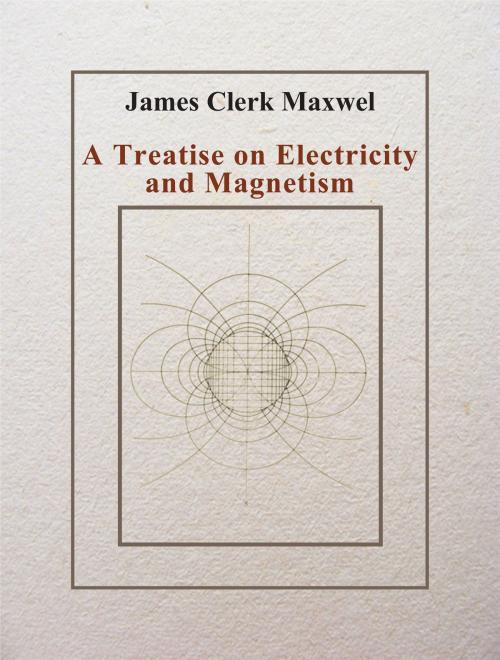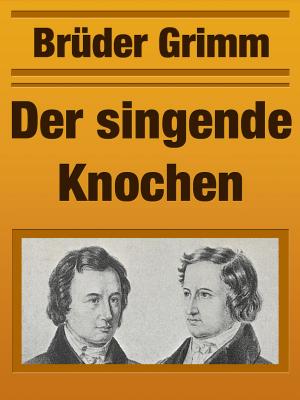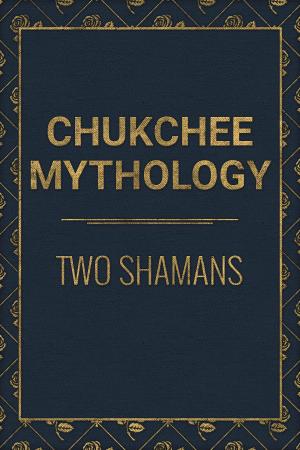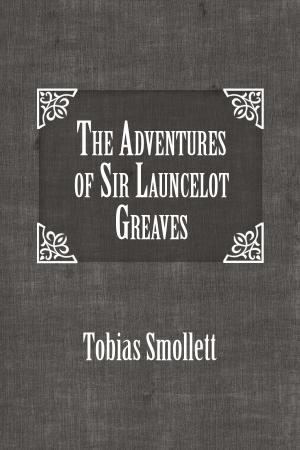A Treatise on Electricity and Magnetism
Nonfiction, Science & Nature, Science, Physics, Magnetism, Electricity| Author: | James Clerk Maxwell | ISBN: | 1230000791786 |
| Publisher: | Media Galaxy | Publication: | November 20, 2015 |
| Imprint: | Language: | English |
| Author: | James Clerk Maxwell |
| ISBN: | 1230000791786 |
| Publisher: | Media Galaxy |
| Publication: | November 20, 2015 |
| Imprint: | |
| Language: | English |
James Clerk Maxwell was a Scottish scientist in the field of mathematical physics. His most notable achievement was to formulate the classical theory of electromagnetic radiation, bringing together for the first time electricity, magnetism, and light as manifestations of the same phenomenon. Maxwell's equations for electromagnetism have been called the "second great unification in physics after the first one realised by Isaac Newton.
A Treatise on Electricity and Magnetism is the final elaboration of Maxwell's theory of electromagnetism, including the systematic and rigorous derivation of his general equations of field theory. These equations continue to occupy a central position in the modern physicist's view of the physical world. They are a magnificent summary of the fundamental advances in electricity and magnetism, and later inspired the theories of Lorentz on the electron and Einstein on relativity.
James Clerk Maxwell was a Scottish scientist in the field of mathematical physics. His most notable achievement was to formulate the classical theory of electromagnetic radiation, bringing together for the first time electricity, magnetism, and light as manifestations of the same phenomenon. Maxwell's equations for electromagnetism have been called the "second great unification in physics after the first one realised by Isaac Newton.
A Treatise on Electricity and Magnetism is the final elaboration of Maxwell's theory of electromagnetism, including the systematic and rigorous derivation of his general equations of field theory. These equations continue to occupy a central position in the modern physicist's view of the physical world. They are a magnificent summary of the fundamental advances in electricity and magnetism, and later inspired the theories of Lorentz on the electron and Einstein on relativity.















